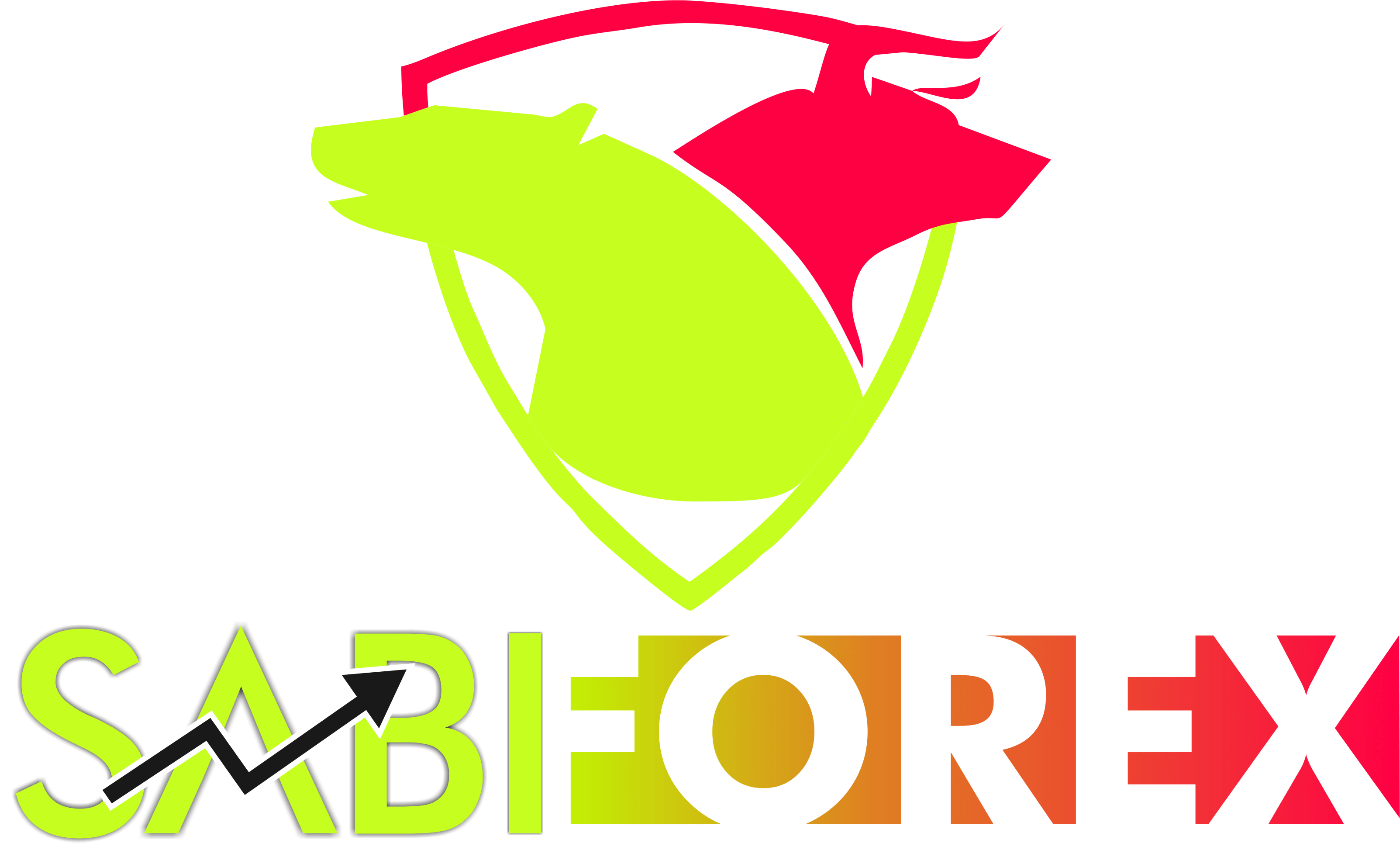Types of Markets

Forex is traded primarily via spot, forwards, and futures markets. The spot market is the largest of all three markets because it is the “underlying” asset on which forwards and futures markets are based. When people talk about the forex market, they are usually referring to the spot market.
The forward and futures markets are indeed preferred by many companies and financial firms to effectively manage their foreign exchange risks for a specific future date. These markets provide participants with a framework to enter into contracts that obligate them to buy or sell a certain amount of a foreign currency at a predetermined price on a future date.
In the forward market, companies and financial firms can trade currencies directly with each other or through banks or financial institutions. This allows them to lock in an exchange rate for a future transaction, providing them with certainty and protection against adverse currency fluctuations. This is particularly crucial for businesses that engage in international trade, as it enables them to plan their budgets and forecast their costs with more accuracy.
On the other hand, the futures market operates on an exchange where standardized contracts for future currency transactions are traded. These contracts have specific details such as the size of the contract, maturity date, and settlement terms. Unlike the forward market, futures contracts are standardized and can be bought or sold by anyone on the exchange. This creates a more liquid and transparent marketplace for participants.
By utilizing these markets, companies and financial institutions can mitigate their exposure to foreign exchange risks, such as fluctuations in exchange rates. This helps them to protect their profit margins and maintain stability in their international business operations. It also provides them with flexibility to hedge their currency positions and effectively manage their cash flows, ensuring they are well-positioned to make informed business decisions.
Furthermore, participating in these markets allows companies and financial firms to take advantage of arbitrage opportunities. This refers to the practice of exploiting price discrepancies between the spot market (where currencies are traded for immediate delivery) and the forward or futures markets. By engaging in arbitrage, market participants can potentially generate profits by buying low in one market and selling high in another.
Overall, the forward and futures markets provide valuable tools for companies and financial firms to manage their foreign exchange risks. They enable them to secure future exchange rates, hedge against currency fluctuations, and navigate the complexities of the global marketplace with greater confidence and control.
Spot Market
The spot market is where currencies are bought and sold based on their trading price. That price is determined by supply and demand and is calculated based on several factors, such as:
- Current interest rates
- Economic performance
- Geopolitical sentiment
- Price speculation
A finalized deal on the spot market is known as a spot deal. It is a bilateral transaction in which one party delivers an agreed-upon currency amount to the counterparty and receives a specified amount of another currency at the agreed-upon exchange rate value. After a position is closed, it is settled in cash.
Although the spot market is commonly known as one that deals with transactions in the present (rather than in the future), these trades take two days to settle. This settlement period is often referred to as the “T+2” settlement cycle, where “T” represents the trade date. During this time, the buyer and seller finalize the transaction details, exchange necessary documents, and ensure the smooth transfer of assets and funds.
The two-day settlement period serves several important purposes. First, it allows both parties involved in the transaction to verify the accuracy of the trade and ensure that all terms and conditions are met. This includes confirming the quantity, quality, and price of the traded asset, as well as any additional contractual obligations.
Furthermore, the settlement period provides an opportunity for any discrepancies or disputes to be resolved before the trade is finalized. In case of any unforeseen issues, such as delivery delays or discrepancies in the documentation, the parties have time to address and rectify these matters.
Another reason for the two-day settlement period is to facilitate the clearing and reconciliation process. Various intermediaries, such as clearinghouses and custodians, play a crucial role in ensuring the smooth settlement of trades. They verify the ownership of the assets, facilitate the transfer of securities, and reconcile the financial obligations between the buyer and seller.
It is worth noting that different markets and regions may have slightly different settlement periods. For example, while the T+2 settlement cycle is widely adopted in many financial markets, others may follow a T+3 or even longer settlement period.
Overall, despite being referred to as the spot market, the settlement of trades still requires a certain amount of time for verification, documentation, and reconciliation. This settlement period is designed to ensure a smooth and secure transaction process in the present, even though the trades themselves are executed immediately.
Forwards and Futures Markets
The forwards and futures markets are financial markets where participants can enter into contracts to buy or sell an asset at a future date and at a predetermined price. These markets are commonly used by investors and traders to manage risks and speculate on the price movements of various assets.
In the forwards market, participants enter into a contract to buy or sell an asset at a specified future date. The price at which the transaction will occur is determined at the time the contract is entered into. The forwards market is characterized by its lack of centralized trading, as the contracts are privately negotiated between participants.
The futures market, on the other hand, is a standardized version of the forwards market. Contracts traded in the futures market are standardized in terms of size, maturity date, and delivery terms. These standardized contracts are traded on regulated exchanges, such as the Chicago Mercantile Exchange (CME). This centralized trading and standardization make futures contracts more liquid and easier to trade compared to forwards contracts.
Participants in the forwards and futures markets can either take a long or short position. If a participant takes a long position, it means they agree to buy the asset at a future date. Conversely, if a participant takes a short position, it means they agree to sell the asset at a future date.
Both forwards and futures markets are essential for price discovery and risk management in the financial markets. They provide participants with the opportunity to hedge against potential price fluctuations and to speculate on the future price movements of assets.
It is important to note that trading in forwards and futures markets involves risks and may not be suitable for all investors. It is recommended to seek professional advice before participating in these markets.
A forward contract is a private agreement between two parties to buy a currency at a future date and a predetermined price in the OTC markets. In the forwards market, contracts are bought and sold OTC between two parties, who determine the terms of the agreement between themselves.
A futures contract is a standardized agreement between two parties to take delivery of a currency at a future date and a predetermined price. Futures trade on exchanges and not OTC. In the futures market, futures contracts are bought and sold based on a standard size and settlement date on public commodities markets, such as the Chicago Mercantile Exchange (CME).
Futures contracts have specific details, including the number of units being traded, delivery and settlement dates, and minimum price increments that cannot be customized. The exchange acts as a counterparty to the trader, providing clearance and settlement services.
Unlike the spot, forwards, and futures markets, the options market does not trade actual currencies. Instead, it deals in contracts that represent claims to a certain currency type, a specific price per unit, and a future date for settlement.
Both types of contracts are binding and are typically settled for cash at the exchange in question upon expiry, although contracts can also be bought and sold before they expire. These markets can offer protection against risk when trading currencies.
In addition to forwards and futures, options contracts are traded on specific currency pairs. Forex options give holders the right, but not the obligation, to enter into a forex trade at a future date.
